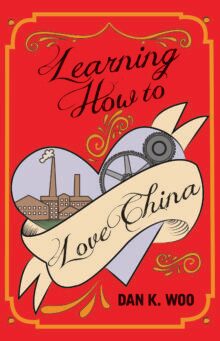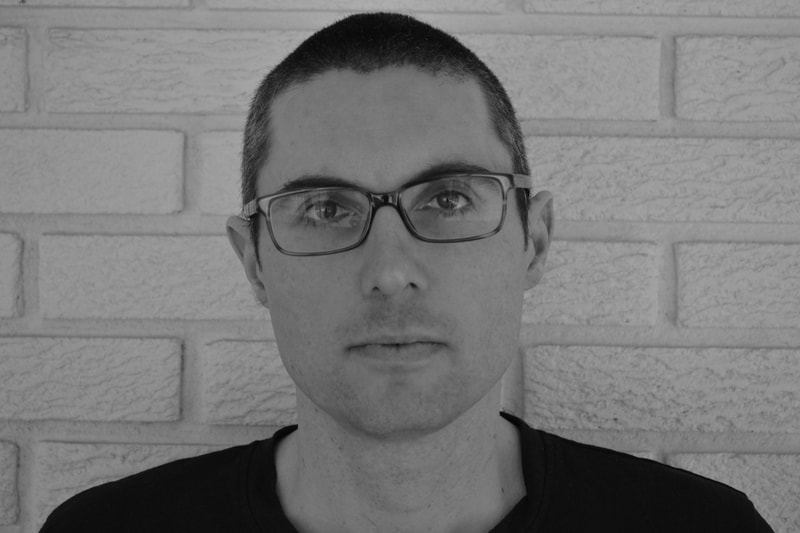Dan K. Woo's Learning How to Love ChinaReviewed by Aaron Schneider
|
|
I hadn’t heard of either Dan K. Woo or his first book Learning How to Love China until I picked it off the table at his fall launch. When I opened it, I was immediately impressed by the first page, and I am as impressed by the whole book as I was by those first handful of sentences. Presented as a booklet produced by the Chinese Bureau of Public Affairs, the novella tells the story of a young Chinese woman (she is never named) working in a plant a short train ride from Shanghai (like the protagonist, the city the plant is in is never named). The protagonist yearns for something more than twelve-hour shifts on the assembly line, and fixates on Canada, a far-off and perfect land of “clear blue skies, beautiful lakes, pristine forests, clean friendly cities, and hunky men.” The book follows her through a failed relationship, and stints as a waitress and then as a hostess. All the while, she dreams of that better place that is Canada and the better life that would be possible there. And she does finally, in the closing pages, reach the land of her dreams and aspirations, but as a masseuse/prostitute trapped by the organization who brought her in a life that is far worse than what she left behind in China. The end, when it comes, is more than tragic enough for the narrative to serve the Chinese Bureau of Public Affairs as a jingoistic cautionary tale, but it is also the wrenching conclusion to a deeply human story of hope and disappointment. Learning How to Love China exploits this tension between realistic narrative and propaganda to powerful effect, producing a biting satire of modern China that has a great deal to say about hope, aspiration, and the way both interact with the false utopianism of agitprop.
The book begins: |


